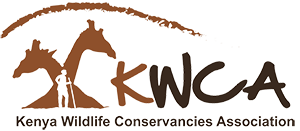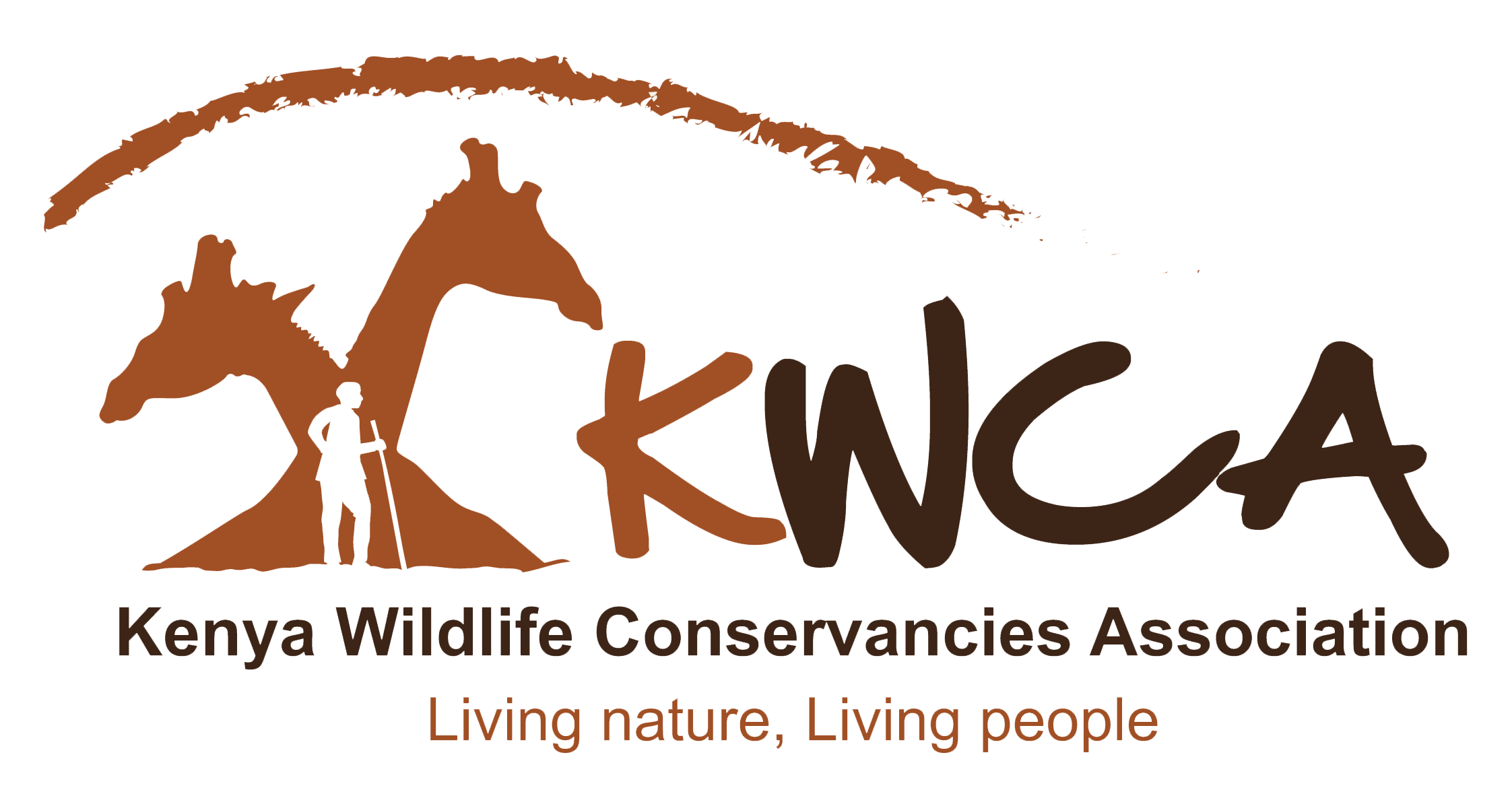Limiting National Parks Compensation Claims Will Derail Conservation Efforts

The recent proposal by the Parliamentary Committee on Environment and Natural Resources to limit compensation claims on wildlife injuries and death to Kenya Wildlife Service (KWS) managed parks, if enacted, would jeopardize wildlife conservation efforts in the country.
The purpose of compensation as provided in the Wildlife Conservation and Management Act 2013 is to offset the losses caused by wildlife to communities living in wildlife areas.
Coexistence between people and wildlife is vital since two-thirds of the country’s wildlife disperse onto community- and privately-owned lands.
Limiting compensation claims to KWS parks will create animosity as affected families who have been waiting for compensation for over two years will feel neglected and make it impossible for communities to co-exist with wildlife.
It will thus weaken the current strong relationship between KWS rangers and the community, making it harder for communities to protect the country’s national resource from poachers and their networks.
Risky Move
Wildlife conservation depends on a harmonious relationship between people and wildlife.
Therefore, if compensation is removed from other non-protected areas, such as conservancies and sanctuaries or even community or private lands, it means compensation will be set aside for tourists and park staff only yet tourist and parks staff already have insurance cover.
While compensation as witnessed recently can balloon to huge amounts, scrapping it altogether or limiting it to parks has the unintended consequence of putting people and wildlife on a coalition.
Community perceptions that policies value wildlife more than human beings will be reinforced and conflict is likely to become rampant and more emotive.
Already communities living with wildlife question why human death caused by an elephant is compensated at Ksh5 million yet killing an elephant under the Wildlife Act 2013, carries a life sentence and/or a fine of not less than Ksh20 million.
In many cases, where life is lost following an attack by a lion, elephant or any other dangerous animal, the life of a family’s breadwinner is lost. Compensation does not replace the contribution of the dead family member but it at least enables the family to move on.
Reasonable Claim
“The accumulated Ksh4.65 billion pending claims for the two years (January 2014 to January 2016), while a colossal amount, is not a lot of money from an industry that earned the country Ksh94 billion in 2013 and Ksh87.1 billion in 2014.
Most of this income is from wildlife tourism and is dependent on wildlife remaining a major attraction to tourist.
It is also unfair to expect communities to bear this cost considering that they already absorb costs related to diseases and loss of pasture and water shared with wildlife yet receive minimal economic benefits.
Alternative avenues such as the insurance scheme provided for in the Wildlife Act 2013 or other innovative ideas should be pursued rather than taking the simple route of reducing, limiting or eliminating compensation.
“Stringent measures regulating how compensation is funded and managed is a more prudent avenue to reducing the burden to the national coffers,” explains KWCA CEO, Dickson Kaelo.

